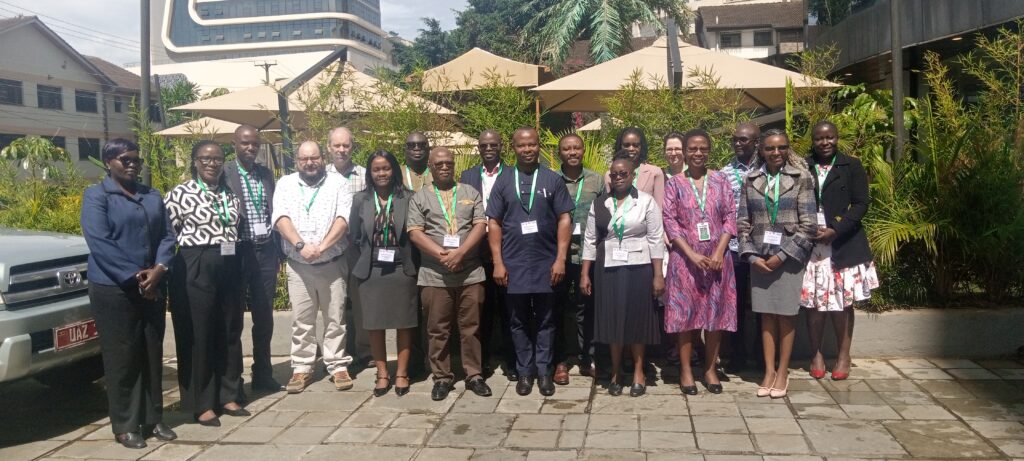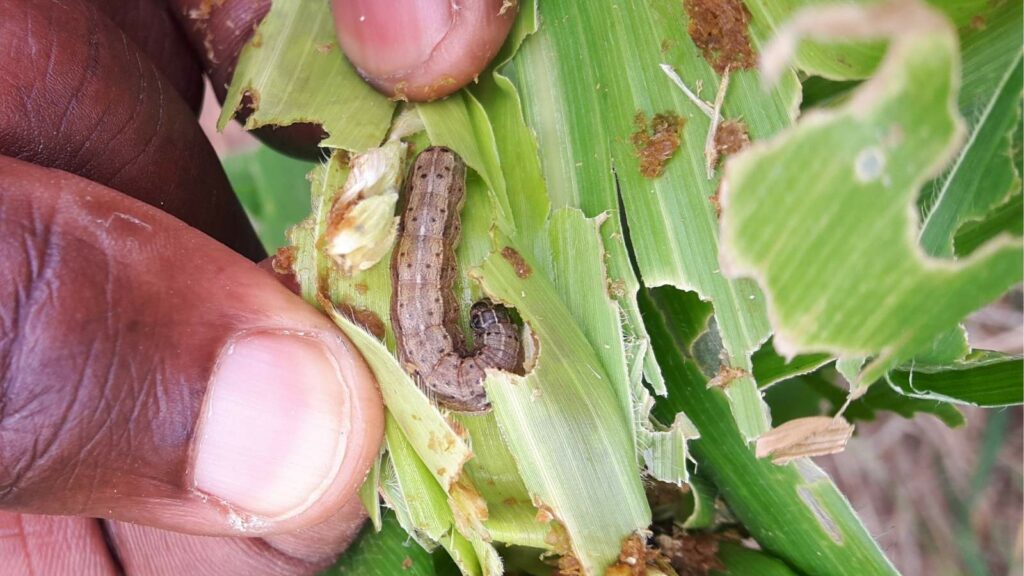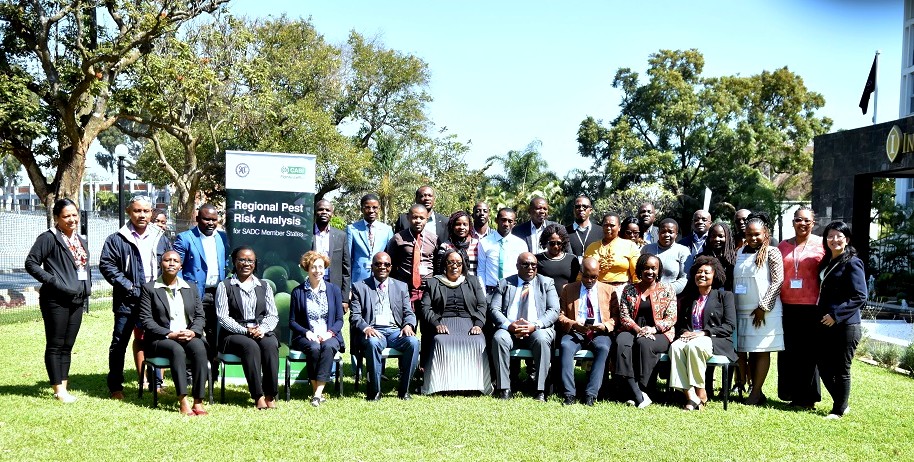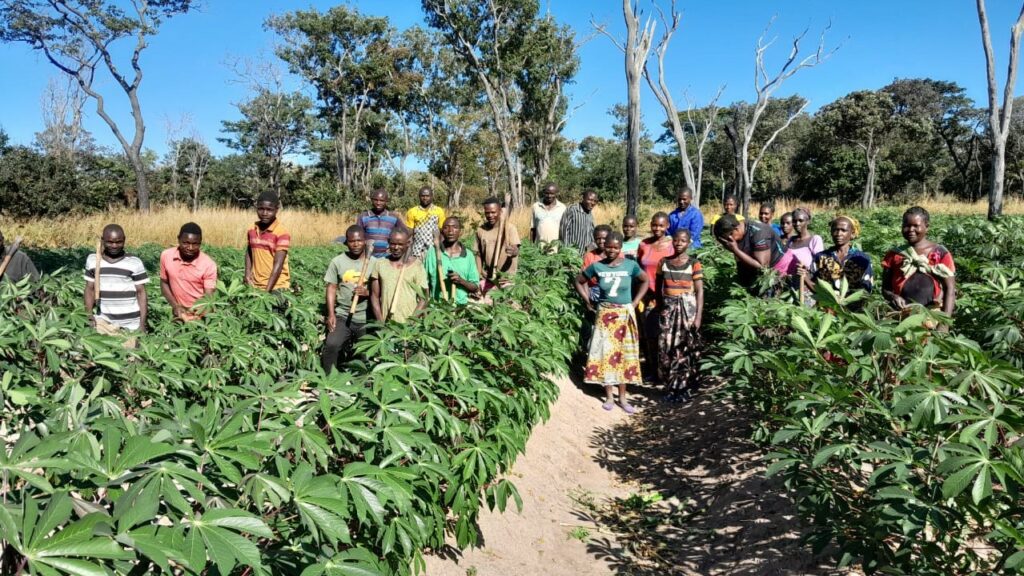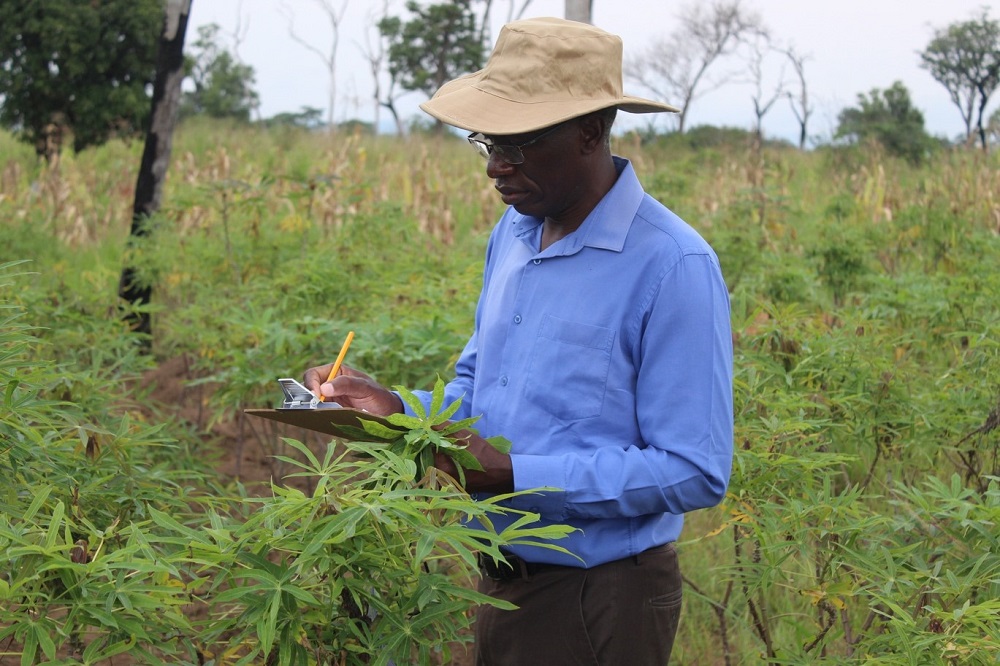How do pest risk registers address the spread of plant pests in Africa?
Pest risk registers can help to solve problems in agriculture, addressing the growing global threat of plant pests. Moreover, changing weather patterns, led by rising temperatures, are causing them to reproduce faster and expand into new regions. In addition, global trade and increased movement of people are accelerating the spread of pests across borders. These…
Celebrating success: Zambian smallholders combat cassava brown streak disease
Cassava is a critical crop to Zambia’s economy and food security. According to a 2019 paper, cassava (Manihot esculenta) is one of the most important root staple crops in Zambia. An estimated 30% of Zambians – over four million people – consume cassava as part of their daily diet. Indeed, this crop is so important…
Plant health knowledge helps residents of wildlife conservancy turn from poaching to farming
Simalaha Community Conservancy aims to protect endangered wildlife. However, several years ago, it faced a big challenge. People living within the parks’ boundaries were poaching animals for food and income. The Conservancy is managed by Peace Parks Foundation. They addressed the problem by helping residents to shift from poaching to smallholder farming. But in 2020,…
Conservation farming: can it offset fall armyworm’s impact?
Conservation farming has been promoted in sub-Saharan Africa as a way to potentially improve yields while conserving the environment. Farmer livelihoods are increasingly threatened by climate change, declining soil fertility, land degradation, pests, and diseases. Finding sustainable farming methods that address these challenges is key to feeding a growing population.

